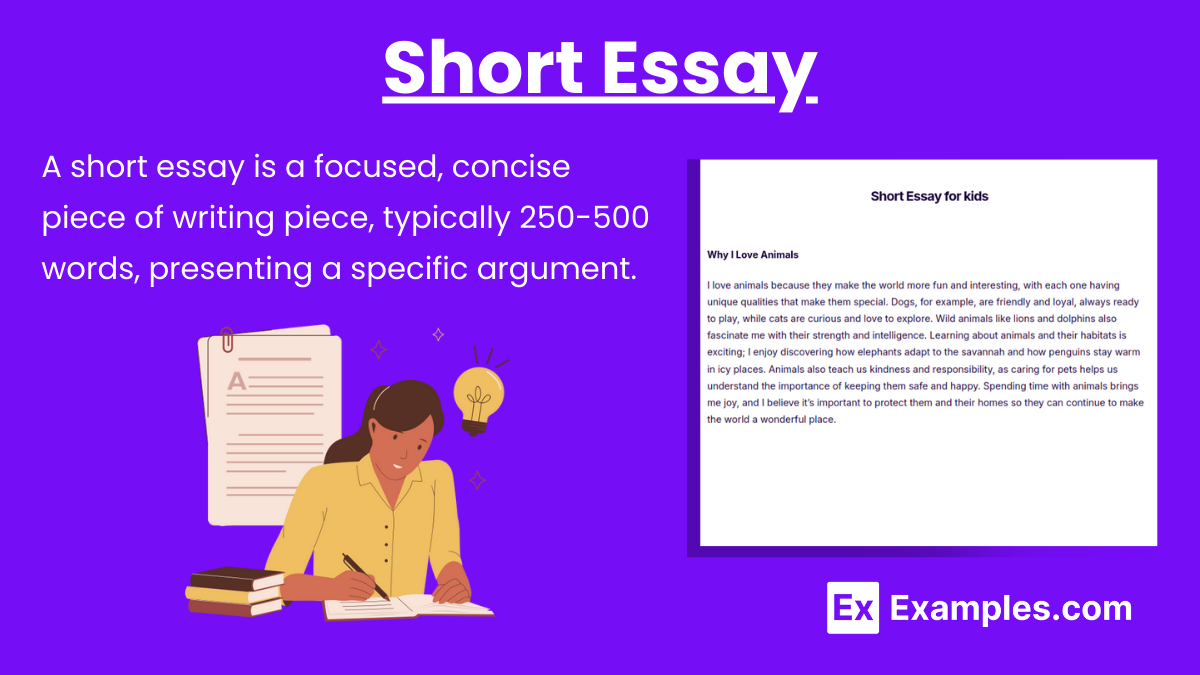20+ Short Essay Examples to Download
A short essay is a concise piece of writing, typically between 250 and 500 words, that presents a focused argument or reflection on a specific topic. Unlike longer essay writing, a short essay requires a clear, narrow topic and a precise thesis statement due to its limited length. It includes an introduction, body, and conclusion, aiming to express ideas effectively within a compact structure. Short essays often prioritize clarity, coherence, and brevity, making every sentence impactful. They are commonly used in academic settings, examinations, and other contexts where concise and well-organized responses, like a free essay, are required to convey information or opinions succinctly.
What is a Short Essay?
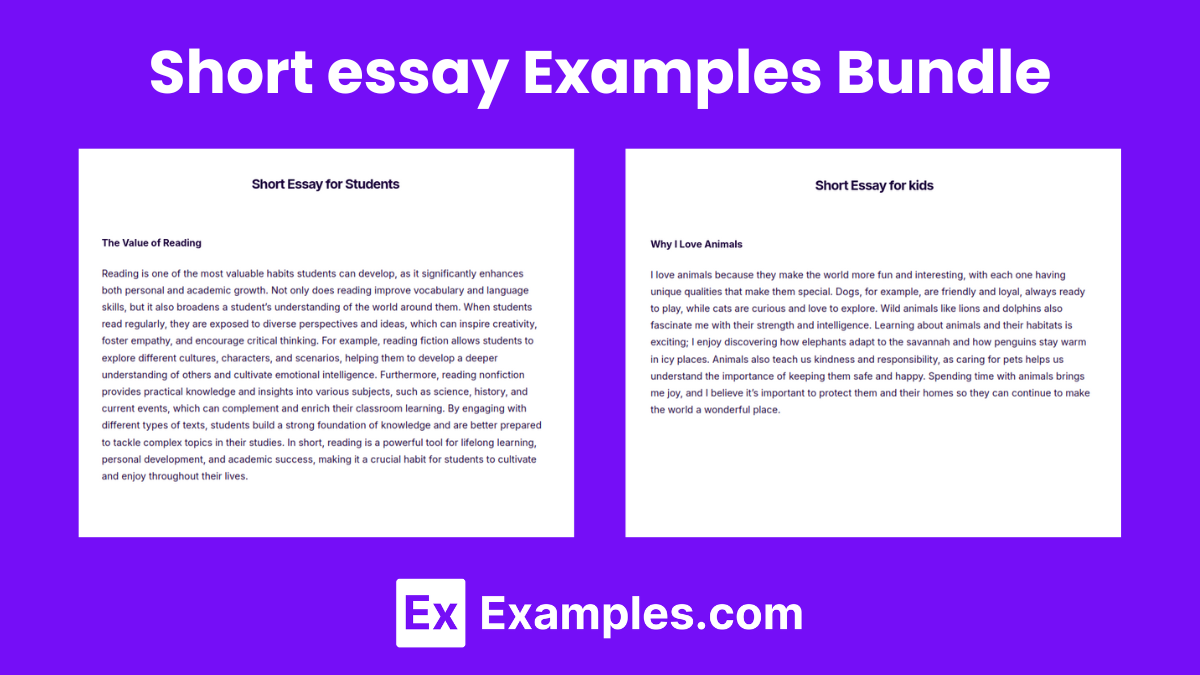
Download Short Essay Examples Bundle
Short Essay Format
A well-organized short essay includes three main parts: the introduction, body, and conclusion. Here’s a breakdown of each section:
Introduction
- Purpose: The introduction presents the topic and includes a clear thesis statement to outline the essay’s main point.
- Length: Usually 2-3 sentences.
- Tips:
- Start with a hook to grab attention.
- Provide some background information before stating the thesis.
Body
- Purpose: The body elaborates on the thesis, supporting it with evidence, examples, and explanations.
- Length: Typically 1-3 paragraphs, depending on the essay’s length.
- Tips:
- Each paragraph should focus on a single main idea that supports the thesis.
- Use transitions to maintain a smooth flow between paragraphs.
Conclusion
- Purpose: The conclusion summarizes the main points and reinforces the thesis.
- Length: Usually 2-3 sentences.
- Tips:
- Restate the thesis in a fresh way.
- Provide a final thought or suggest a call to action, if appropriate.
Short Essay Example
The Importance of Daily Exercise
Maintaining a daily exercise routine is essential for a healthy lifestyle. Exercise not only improves physical health by reducing the risk of chronic diseases, but it also enhances mental well-being. Regular physical activity, even for just 30 minutes a day, can boost energy levels, improve mood, and increase overall life satisfaction. For instance, studies show that individuals who engage in daily exercise report higher levels of happiness and lower stress. Additionally, daily exercise promotes better sleep and cognitive function. In conclusion, incorporating daily exercise into one’s routine can lead to substantial health benefits, making it a worthwhile investment in personal well-being.
Short Essay for Students
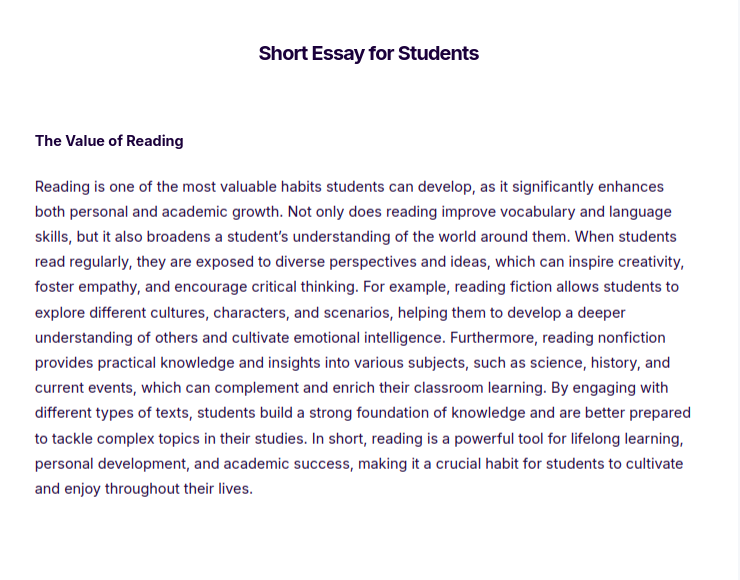
Short Essay for Kids
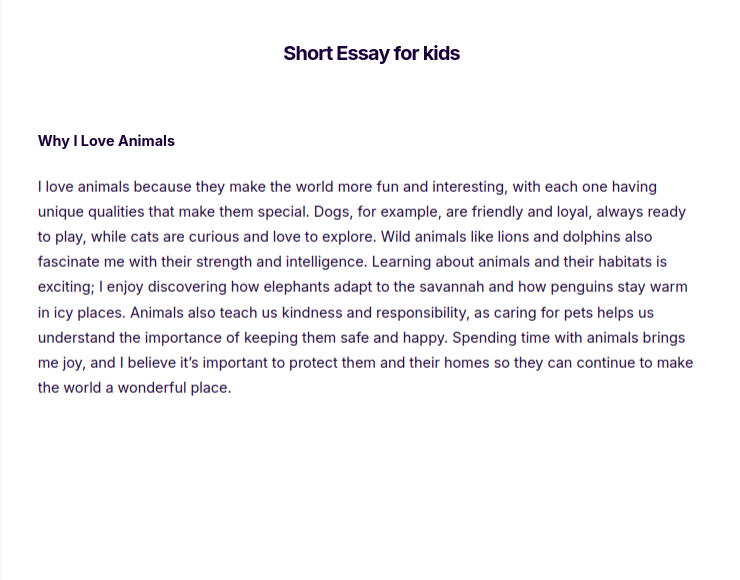
Short Essay for high school Students

- Short Essay about myself for Students
- Short Essays for Class 5
- short Essays for Class 2
- Short Essay for Scholarship
- Short Essay for Job Interview
- short essay on mother
- short essay on importance of education
- short essay on nature
- short essay on rainy day
- short essay on mobile phone
- short essay on village life
Essays usually become a channel for a person to express emotions and ideas about something or someone. A writer can be creative in presenting topics that he/she thinks is relevant and from which people can infer important lessons in life. Thus, there are many ways to write an essay.
Some of the few types of essays are informative essay, analysis essay, concept essay, reflective essay, and many more. These are all different in the way that they are written as well as their objective. Each is unique in its own way. An essay could also be written short or long, which of course, depends on the writer.
Short Narrative Essay Example
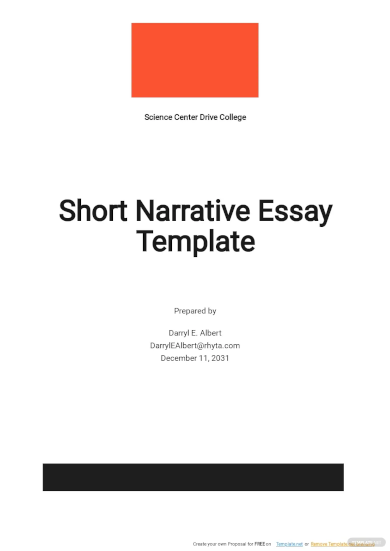
Short Essay Plan Example
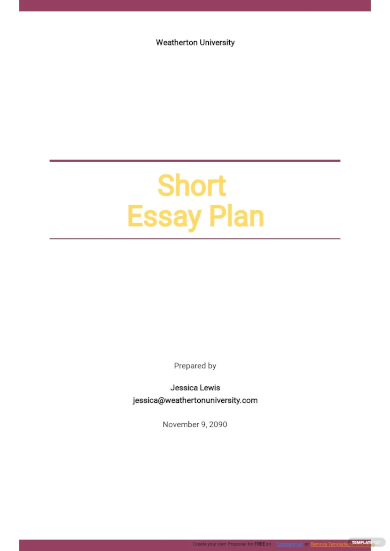
Sample Narrative Essay Example
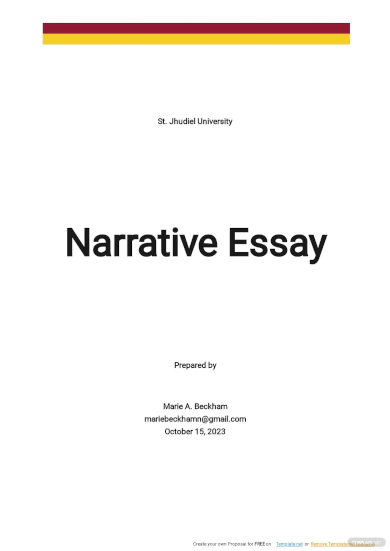
High School Narrative Essay Example
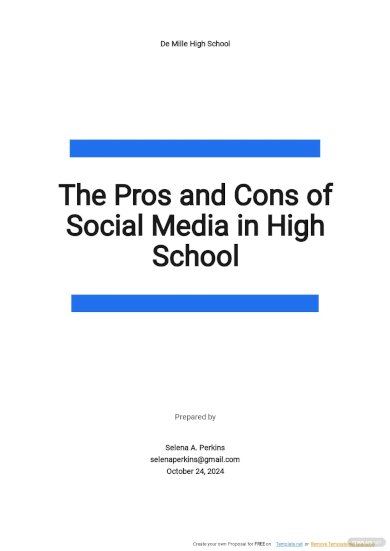
Biographical Narrative Essay Example
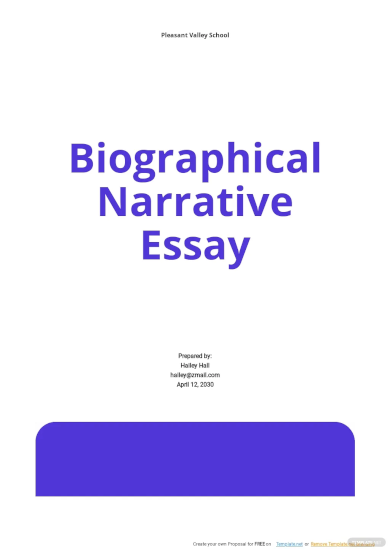
Free Visual Essay Example
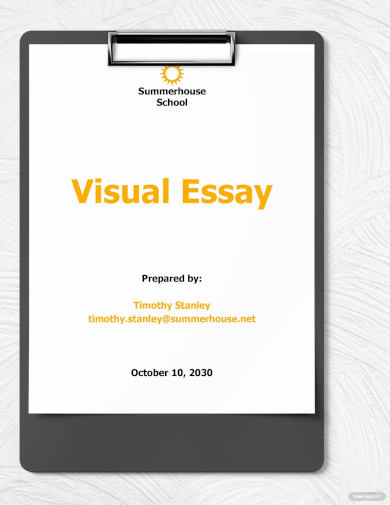
Argumentative Essay Writing
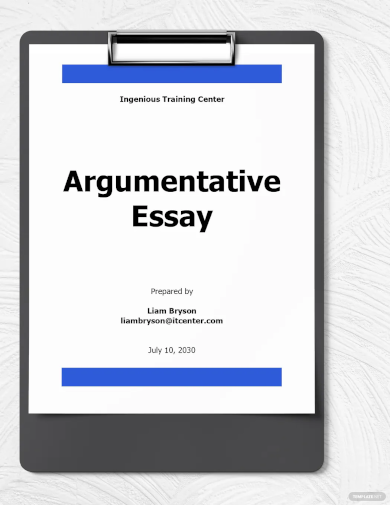
Sample Opinion Essay Example
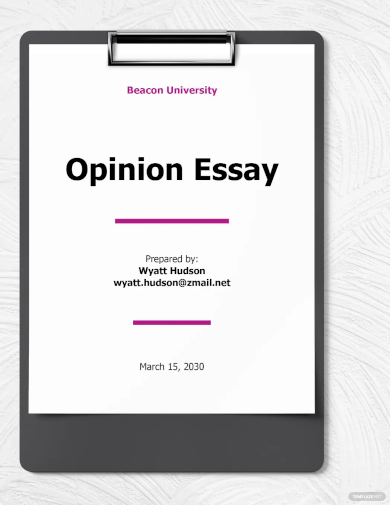
Scholarship Essay Example
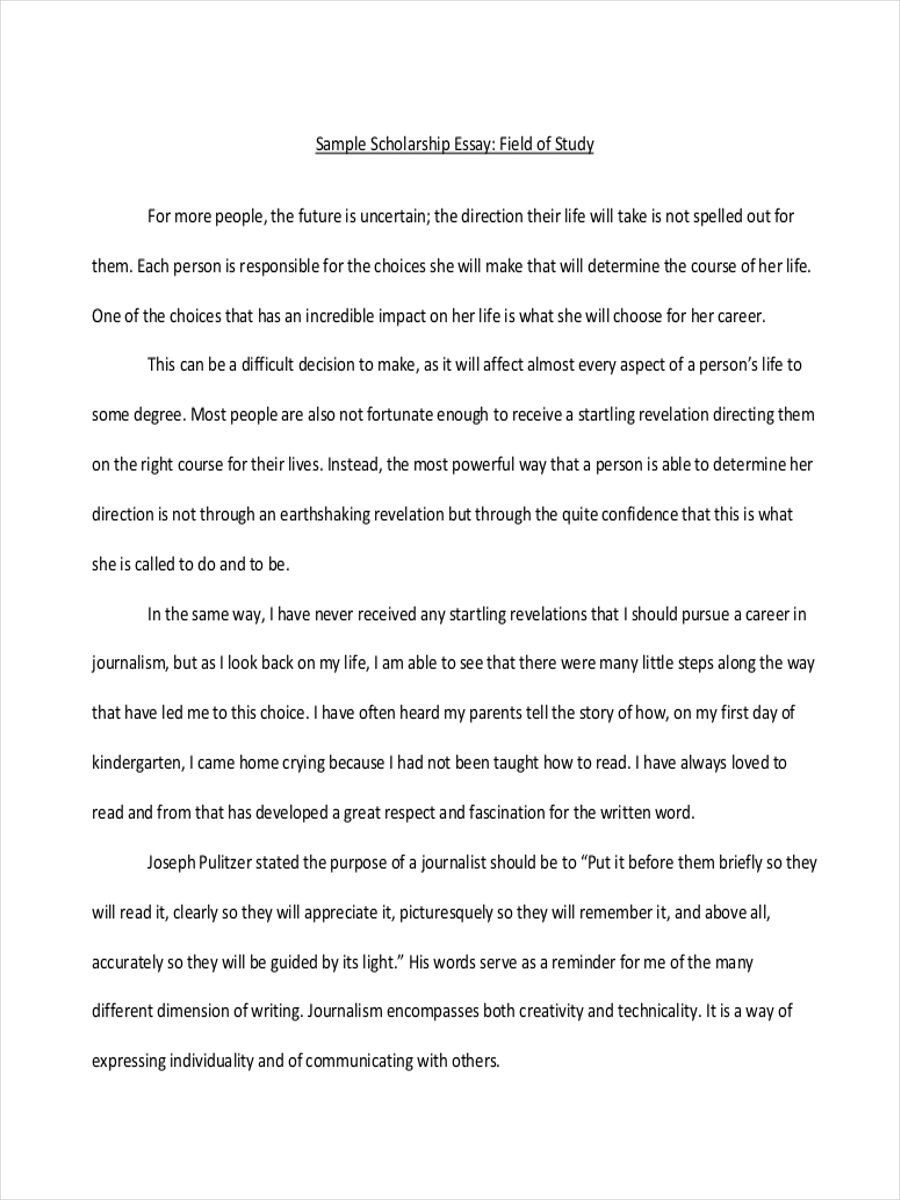
Short Expository Example
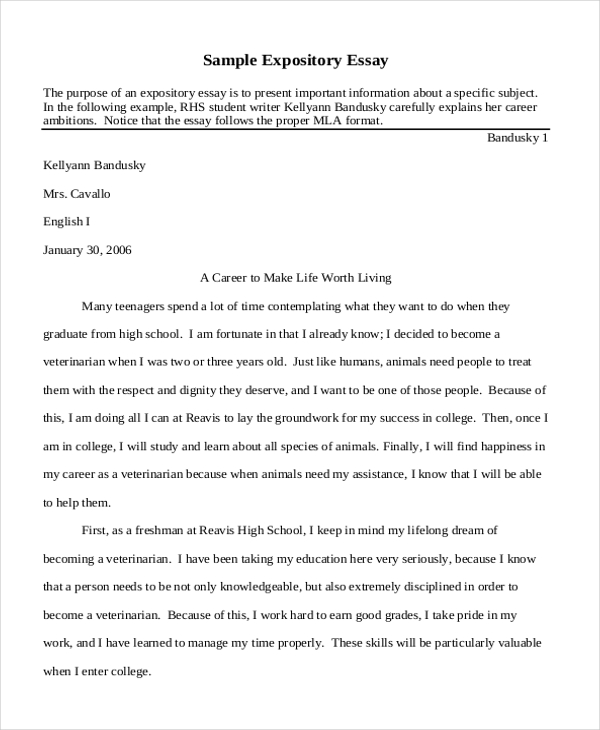
Short Narrative Essay Example
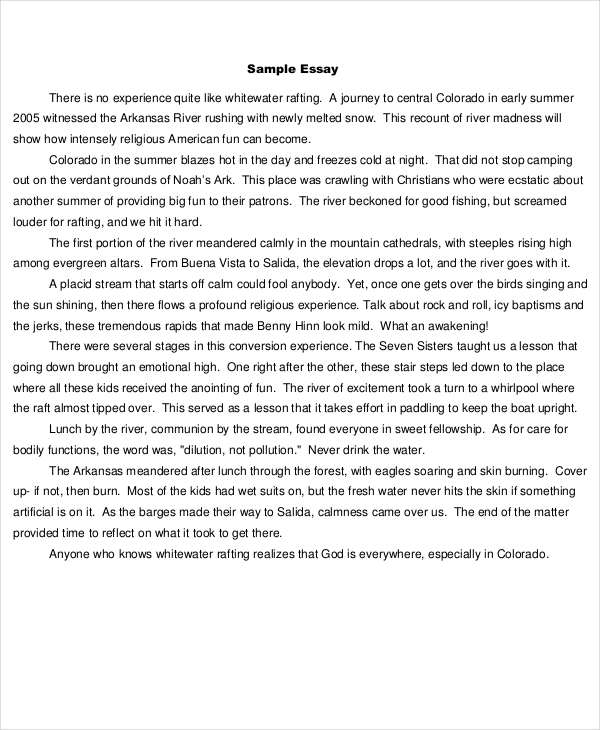
Short Argumentative Sample Example
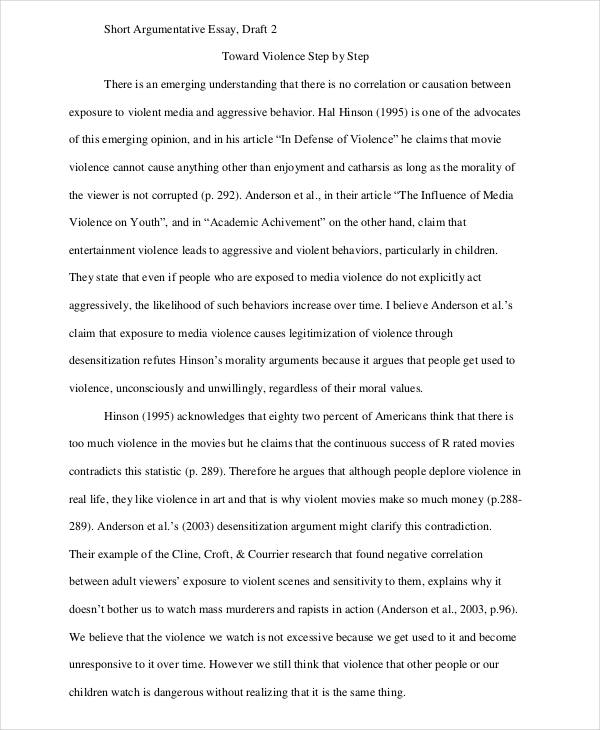
Persuasive Short Essay Example
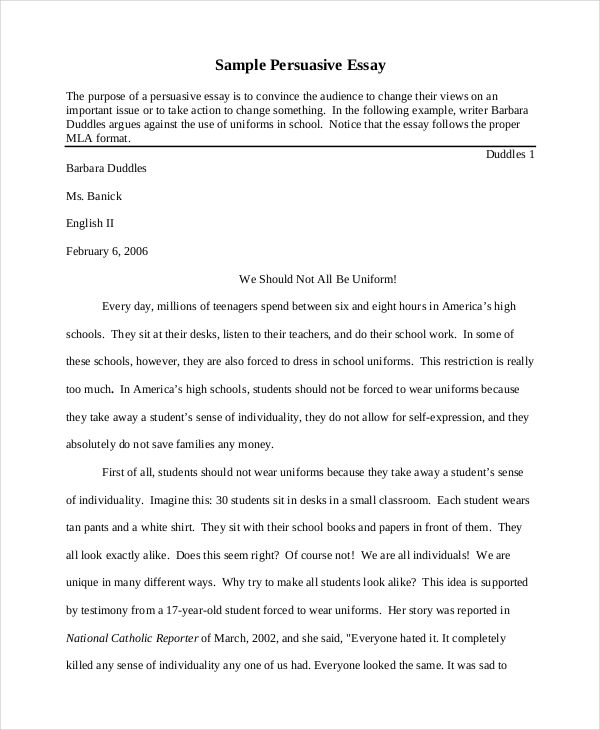
Descriptive Short Essay Example
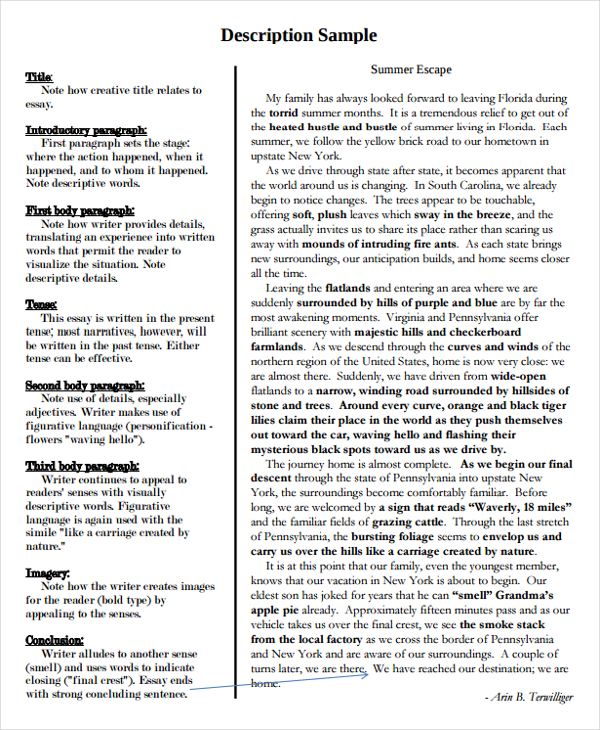
College Short Essay Example
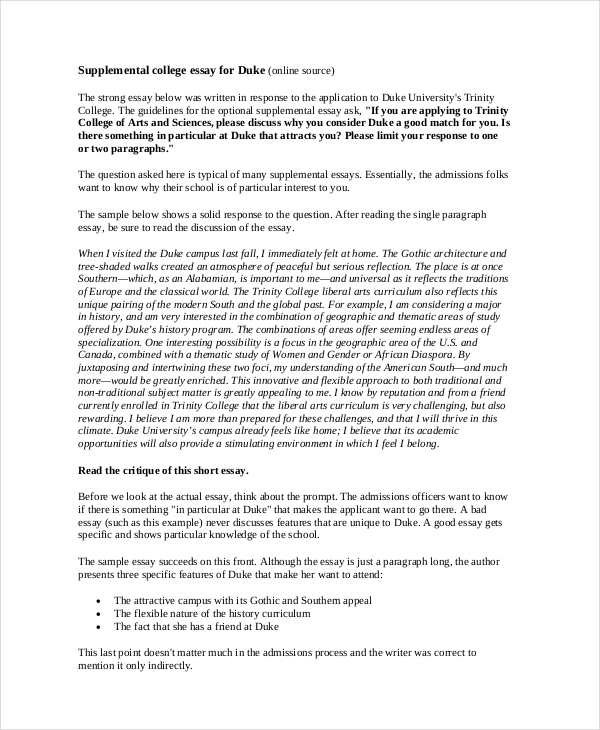
Critical Essay Example
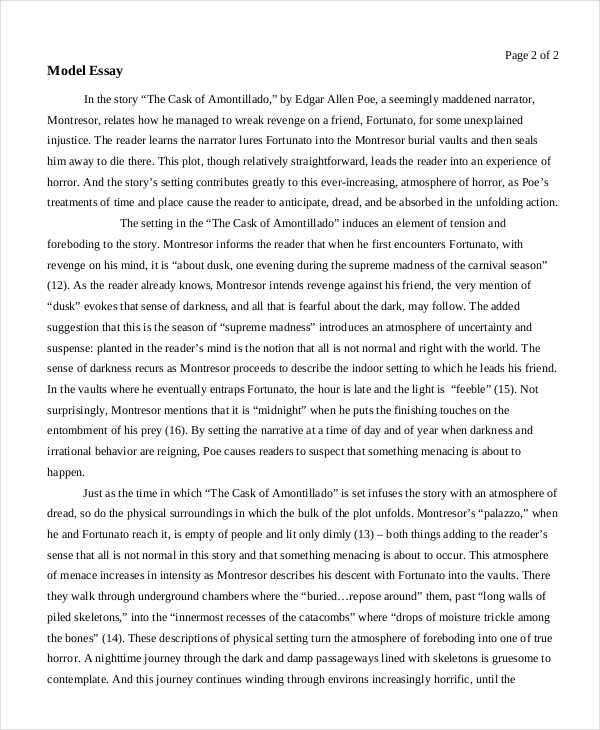
Importance of Short Essay
A short essay is usually contained in just a page and not lengthy words or explanations in necessary to express the main point of the topic. Short essays are important when one is trying to present an important topic without having to write a lot of words or using multiple pages. You may also like concept essay examples & samples.
It presents just the right amount of data or knowledge necessary to feed a hungry mind. As scientific researches has put it, the mind can retain more data when the details are presented in a brief and concise manner. Some people have short attention span so you need to have the writing skills to make your point with just a few words.
How to write a short essay
Writing a short essay involves focusing on clarity and conciseness. With a limited word count, each sentence must add value and effectively convey your ideas. Follow these steps to craft a compelling short essay:
- Understand the Topic
Read the prompt carefully to grasp what is required.
Identify the main question or theme you need to address. - Create a Thesis Statement
Develop a clear thesis that states your main point or argument.
Keep it concise, as this will guide the focus of your entire essay. - Outline Your Essay
Plan the structure: A short essay usually has an introduction, body, and conclusion.
List the main points for each section. This helps maintain a logical flow. - Write the Introduction
Start with a hook to grab attention. This could be a question, fact, or a brief anecdote.
Introduce your topic briefly and end with your thesis statement. - Develop the Body Paragraphs
Focus on one main idea per paragraph to ensure clarity.
Use evidence or examples to support your points. This can include facts, quotes, or personal experiences.
Keep paragraphs concise: Aim for around 3–5 sentences per paragraph. - Write the Conclusion
Summarize your main points briefly.
Restate the thesis in a new way to reinforce your argument.
End with a closing thought or a call to action, if appropriate. - Revise and Edit
Check for clarity and conciseness: Remove unnecessary words and redundant ideas.
Proofread for grammar and spelling errors.
Ensure your ideas flow logically, with smooth transitions between sentences and paragraphs.
Tips for writing short essays
Writing a short essay can be challenging due to the limited space available to convey your ideas. Here are some helpful tips to ensure your essay is concise, focused, and impactful:
- Be clear and specific about your main argument or point.
- Make sure your thesis is concise and sets the direction for the entire essay.
- Keep each paragraph dedicated to a single point that supports your thesis.
- Use topic sentences to introduce the paragraph’s main idea.
- Avoid unnecessary words and fluff. Get straight to the point.
- Choose words that convey your meaning accurately and efficiently.
- Even in a short essay, examples can strengthen your argument.
- Select only the most impactful evidence to support your points.
- Plan your word count for each section (introduction, body, and conclusion) to stay within the limit.
FAQ’s
How is a Short Essay Structured?
A short essay usually includes an introduction, one or two body paragraphs, and a conclusion. Each section should be concise, with the introduction presenting the thesis, the body paragraphs supporting it, and the conclusion summarizing the main points.
How Do You Choose a Topic for a Short Essay?
Choose a focused and manageable topic that can be effectively explored within the word limit. The topic should be specific enough to allow for depth without requiring extensive background information.
What is the Purpose of a Short Essay?
The purpose of a short essay is to express a clear and concise argument, analyze a specific topic, or share insights on a subject. It encourages critical thinking and allows for concise communication of ideas.
How Do You Write a Strong Thesis for a Short Essay?
A strong thesis in a short essay should be clear, specific, and directly answer the essay prompt. It should convey the main argument or point of the essay in one or two sentences, setting the tone for the entire piece.


